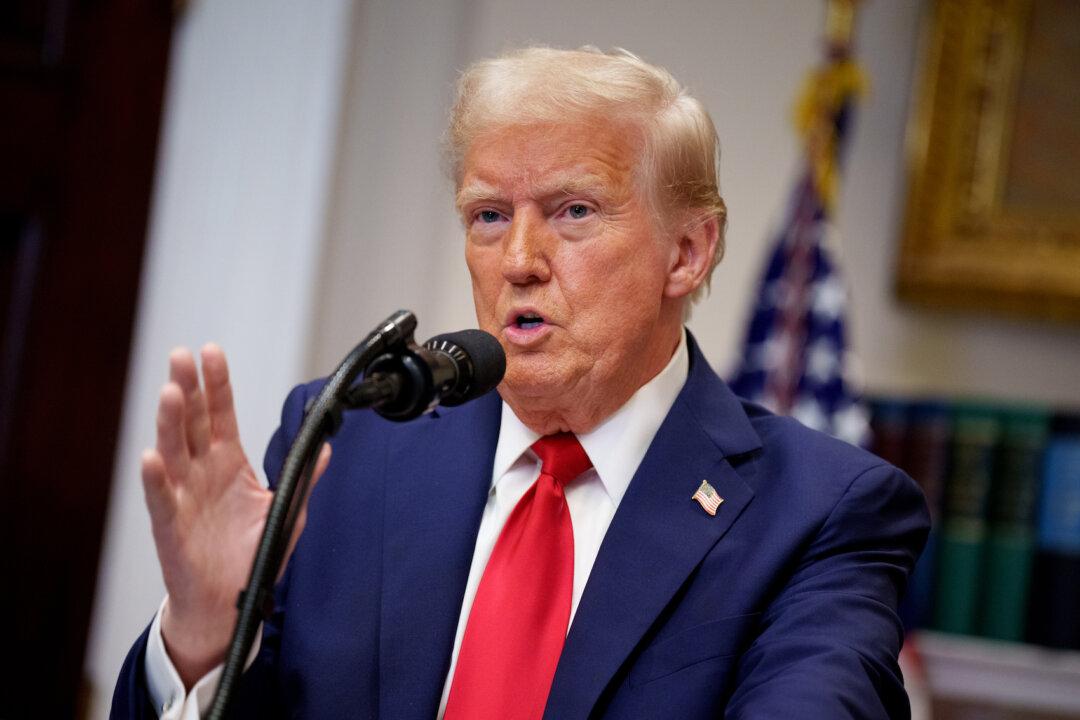Some Senate Republicans want to give President Donald Trump another arrow to add to his tariff quiver in negotiating trade deals—a “foreign pollution fee” levied against imports with higher “pollution intensity” than similar products made in the United States.
While the proposed Foreign Pollution Fee Act co-sponsored by Sens. Bill Cassidy (R-La.) and Lindsey Graham (R-S.C.) never advanced after its November 2023 introduction, it is likely to be reintroduced soon and could be incorporated into the president’s trade policies.





